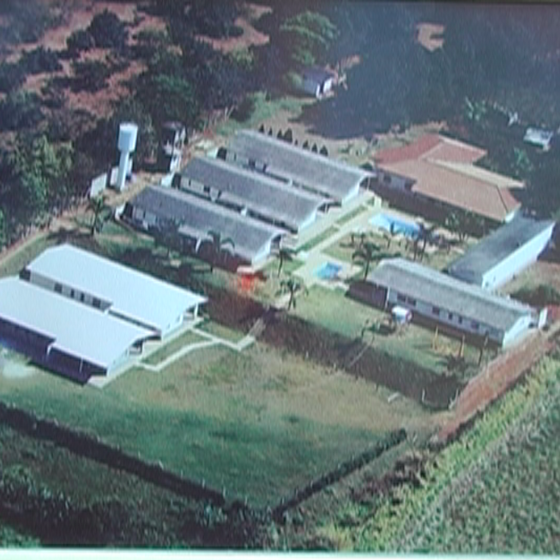
Hope Unlimited for Children was founded in 1991 by Jack Smith, a Presbyterian missionary, and his son Philip. Responding to the horrific news reports of street children being massacred by vigilantes in Brazil, Jack and Philip boarded a plane with no plans, no contacts, no Portuguese and no money; but God affirmed His plan. On the flight to Brazil, Philip was seated with a young man whose father was on the board of an abandoned orphanage. He offered to make the introduction and the board agreed to gift this 35-acre parcel of land with several buildings to the fledgling Hope Unlimited for Children. It was the first miracle.
After visiting the facility which was in considerable disrepair, Jack flew back to the U.S. to raise funds and Philip stayed behind to work with an engineering firm to determine what it would take to make the buildings habitable. The sum was staggering: almost $120,000!—the equivalent of almost $1mm in today’s dollars! When Philip called his father to tell him that the estimate was so high as to make the project impossible, Jack told Philip that Menlo Park Presbyterian Church had just received a one-time gift for a global organization in the amount of $120,000. Although 50 organizations applied, Hope was selected to receive the grant!—the second miracle and evidence that God’s hand was on this ministry.
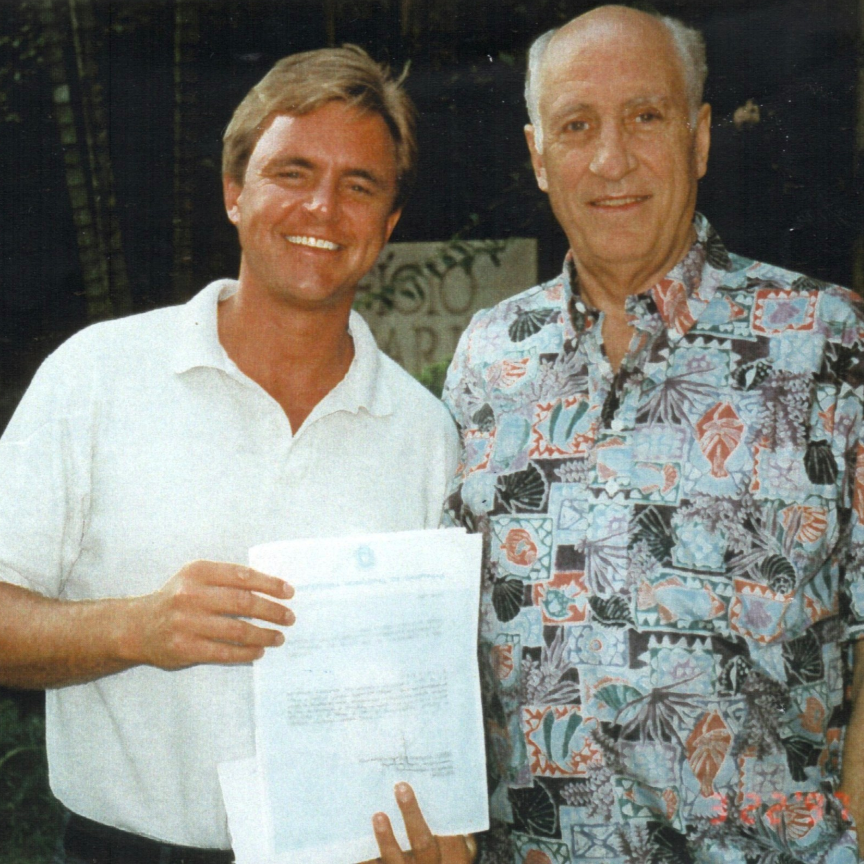
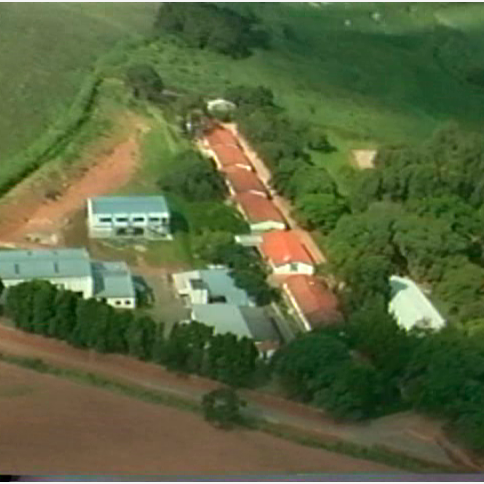
The initial “City of Youth” project near São Paulo consisted of a boy’s facility with 125 resident children. It provided long-term residential care with a focus on vocational training for boys who were formerly street children. In 1997, additional facilities were constructed to accommodate 85 girls from the streets. In 2012, five additional community-based homes were established.
Meanwhile, in 1999, a second residential facility was established in the state of Espirito Santo, Brazil. “Hope Mountain” provides residential care for boys age 12 and above who are at extreme risk. The majority used drugs on a regular basis, and many are in state-sanctioned protective custody because of death threats from their involvement with trafficking.
TIMELINE
City of Youth (1991)
A 35-acre, full service campus near Campinas providing award-winning residential and vocational training programs alongside recreational fields and a working farm.
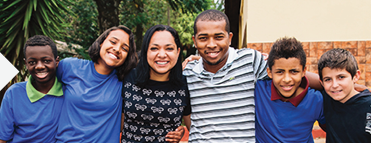
Hope Mountain (1999)
A 100-acre campus near Vitória providing residential programs for mortal-risk boys and on-site, award-winning vocational training and day student programs for non-residents.
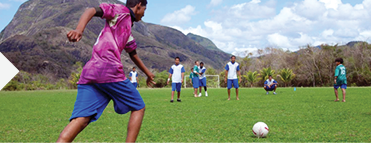
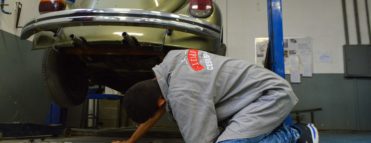
Day Student Program (2001)
A part-time program allowing students from nearby slums to attend award-winning vocational courses and learn marketable skills to launch them out of poverty—all while living with their families.
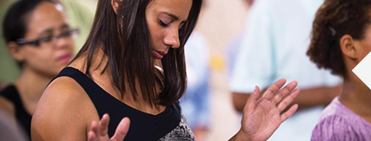
Graduate Churches (2005 & 2014)
Two thriving congregations, founded and led by Hope graduates, shape the lives of graduates, their families, and surrounding communities.
Hope Institute (2014)
An internationally-recognized leader in the development of best practices for residential care, Hope Institute provides cutting-edge training for orphan-care practitioners worldwide. Although beginning as a branch of Hope Unlimited, Hope Institute became its own legal entity in 2017.
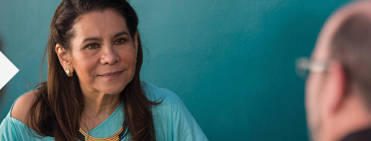
New Thrift Store and Graduate Church (2014)
We opened a new thrift store aimed at providing affordable goods and supporting sustainability by encouraging the reuse of items. The store will also serve as a fundraising hub for community programs, addressing both economic and environmental needs. Additionally, we launched a graduate church to offer a space for spiritual growth, fostering deeper engagement and leadership within the community.
Our History
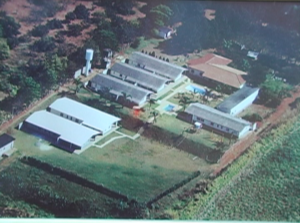
Hope Unlimited for Children was founded in 1991 by Jack Smith, a Presbyterian missionary, and his son Philip. Responding to the horrific news reports of street children being massacred by vigilantes in Brazil, Jack and Philip boarded a plane with no plans, no contacts, no Portuguese and no money; but God affirmed His plan. On the flight to Brazil, Philip was seated with a young man whose father was on the board of an abandoned orphanage. He offered to make the introduction and the board agreed to gift this 35-acre parcel of land with several buildings to the fledgling Hope Unlimited for Children. It was the first miracle.
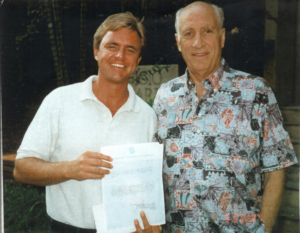
After visiting the facility which was in considerable disrepair, Jack flew back to the U.S. to raise funds and Philip stayed behind to work with an engineering firm to determine what it would take to make the buildings habitable. The sum was staggering: almost $120,000!—the equivalent of almost $1mm in today’s dollars! When Philip called his father to tell him that the estimate was so high as to make the project impossible, Jack told Philip that Menlo Park Presbyterian Church had just received a one-time gift for a global organization in the amount of $120,000. Although 50 organizations applied, Hope was selected to receive the grant!—the second miracle and evidence that God’s hand was on this ministry.
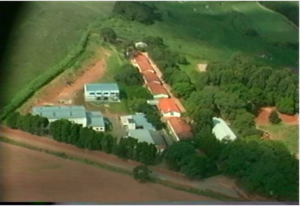
The initial “City of Youth” project near São Paulo consisted of a boy’s facility with 125 resident children. It provided long-term residential care with a focus on vocational training for boys who were formerly street children. In 1997, additional facilities were constructed to accommodate 85 girls from the streets. In 2012, five additional community-based homes were established.
Meanwhile, in 1999, a second residential facility was established in the state of Espirito Santo, Brazil. “Hope Mountain” provides residential care for boys age 12 and above who are at extreme risk. The majority used drugs on a regular basis, and many are in state-sanctioned protective custody because of death threats from their involvement with trafficking.
Timeline

City of Youth (1991)
A 35-acre, full service campus near Campinas providing award-winning residential and vocational training programs alongside recreational fields and a working farm.

Hope Mountain (1999)
A 100-acre campus near Vitória providing residential programs for mortal-risk boys and on-site, award-winning vocational training and day student programs for non-residents.
Day Student Program (2001)
A part-time program allowing students from nearby slums to attend award-winning vocational courses and learn marketable skills to launch them out of poverty—all while living with their families.

Graduate Churches (2005 & 2014)
Two thriving congregations, founded and led by Hope graduates, shape the lives of graduates, their families, and surrounding communities.

Hope Institute (2014)
An internationally-recognized leader in the development of best practices for residential care, Hope Institute provides cutting-edge training for orphan-care practitioners worldwide. Although beginning as a branch of Hope Unlimited, Hope Institute became its own legal entity in 2017.
New Thrift Store and Graduate Church (2014)
We opened a new thrift store aimed at providing affordable goods and supporting sustainability by encouraging the reuse of items. The store will also serve as a fundraising hub for community programs, addressing both economic and environmental needs. Additionally, we launched a graduate church to offer a space for spiritual growth, fostering deeper engagement and leadership within the community.
Give Hope
You can provide a home, a family, and a future for a child of the streets.
Here are some practical examples:
- $25 – new student welcome kit
- $45 – transportation for one vocational student
- $75 – birthday celebration for three students
- $100 – course supplies for an entire vocational class
Change a life today, and the impact will last for generations



